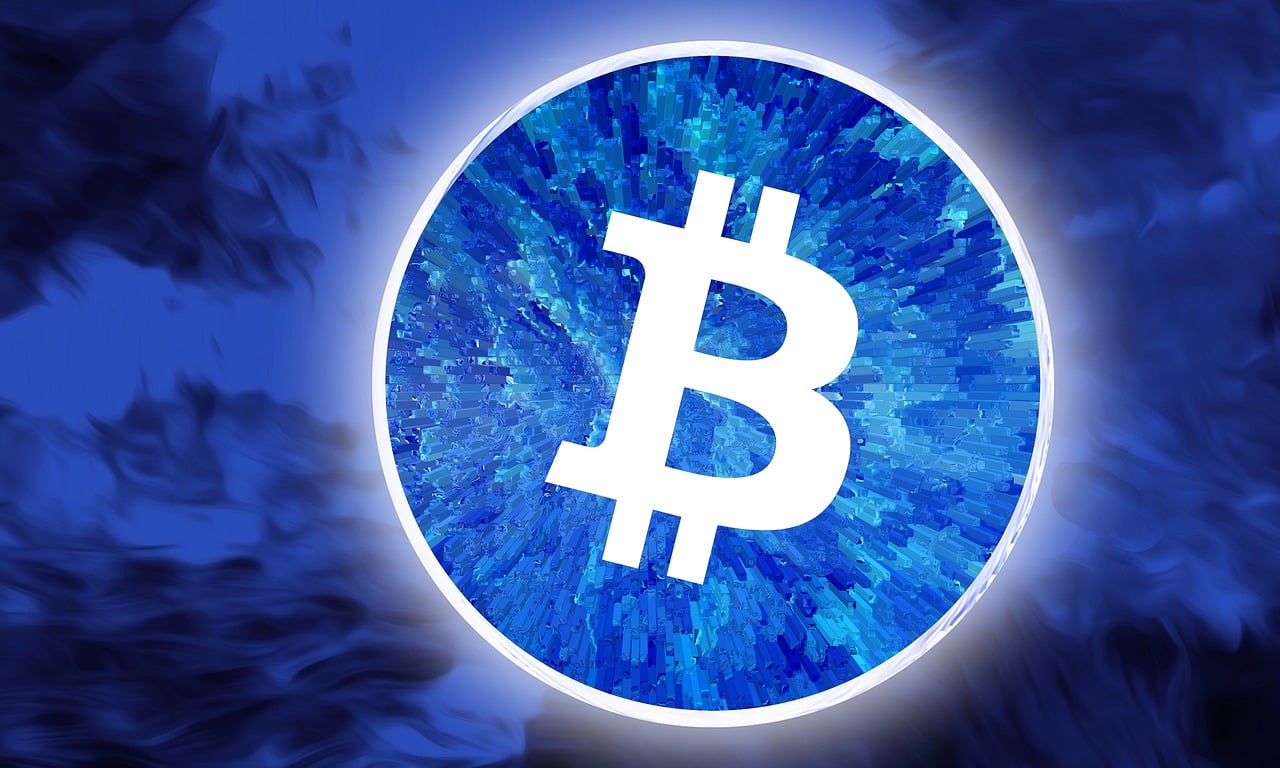Will Bitcoin Withstand the Selling Preassure From Germany’s Government?
09.07.2024 10:30 1 min. read Alexander Stefanov
Bitcoin (BTC) has faced substantial volatility due to macroeconomic factors and industry events.
The German government’s ongoing sale of seized Bitcoin has significantly impacted market sentiment this month, pushing BTC below $55,000, a level unseen for months amid increasing inflows into spot ETFs.
Germany triggered widespread selling and altcoin movements. As of now, Bitcoin trades at $55,219, down 3% in the last 24 hours.
The sale has sparked debates on social media about its impact alongside institutional investor activities. Critics argue the sell-off pushed prices lower than justified, despite record-high inflows into spot Bitcoin ETFs.
Skeptics like Peter Schiff doubt institutional inflow narratives, suggesting these firms could have mitigated market impact by buying assets. Justin Sun bid on X to acquire these assets, and ongoing inflows into crypto exchanges keep market sentiment subdued.
The German government retains 23,788 BTC, amounting to $1.336 billion. Criticism against hasty asset sales grows among Bitcoin users, with Joana Cotar advocating retaining assets as reserves.
Bullish sentiment awaits potential Federal Reserve interest rate cuts to boost investor confidence and drive prices higher, aiming for a market cap rebound above $2.5 trillion from its current $2.06 trillion.
-
1
Bitcoin to Track Global Economy, Not Dollars, Says Crypto Expert
09.06.2025 18:00 2 min. read -
2
Blockchain Group Bets Big on Bitcoin With Bold €300M Equity Deal
09.06.2025 22:00 2 min. read -
3
BlackRock’s Bitcoin ETF Breaks Into Top 15 Most Traded ETFs of 2025
12.06.2025 18:00 2 min. read -
4
Bitcoin on a Path to $1 Million as Wall Street Embraces Digital Gold – Mike Novogratz
14.06.2025 19:00 1 min. read -
5
Bank of America Compares Bitcoin to History’s Most Disruptive Inventions
17.06.2025 14:00 1 min. read
Metaplanet Now Holds 13,350 BTC Worth $1.4 Billion
Metaplanet has expanded its Bitcoin treasury with a new acquisition of 1,005 BTC valued at approximately $108.1 million, further cementing its status as one of the largest corporate holders of the digital asset.
Bitcoin Averages 37% Rebound After Crises, Binance Research Finds
Despite common fears that global crises spell disaster for crypto markets, new data from Binance Research suggests the opposite may be true — at least for Bitcoin.
Bitcoin Mining Faces Profit Crunch, But No Panic Selling
A new report by crypto analytics firm Alphractal reveals that Bitcoin miners are facing some of the lowest profitability levels in over a decade — yet have shown little sign of capitulation.
Bitcoin Hashrate Declines 3.5%, But Miners Hold Firm Amid Market Weakness
Bitcoin’s network hashrate has fallen 3.5% since mid-June, marking the sharpest decline in computing power since July 2024.
-
1
Bitcoin to Track Global Economy, Not Dollars, Says Crypto Expert
09.06.2025 18:00 2 min. read -
2
Blockchain Group Bets Big on Bitcoin With Bold €300M Equity Deal
09.06.2025 22:00 2 min. read -
3
BlackRock’s Bitcoin ETF Breaks Into Top 15 Most Traded ETFs of 2025
12.06.2025 18:00 2 min. read -
4
Bitcoin on a Path to $1 Million as Wall Street Embraces Digital Gold – Mike Novogratz
14.06.2025 19:00 1 min. read -
5
Bank of America Compares Bitcoin to History’s Most Disruptive Inventions
17.06.2025 14:00 1 min. read


